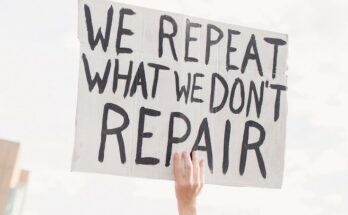Johannes Lenhard calls for nuance in our understanding of homeless people.
I return regularly to where I first started speaking to people experiencing homelessness, in the heart of East London, Shoreditch High Street. Ten years ago, having just moved to London, I lived in East London and Shoreditch...
You need to login to see this content. If you are not a member, join here.
Johannes Lenhard
Johannes is the Centre Coordinator of the Max Planck Cambridge Centre for Ethics, Economy and Social Change at the University of Cambridge. He studied at Zeppelin University, London School of …



